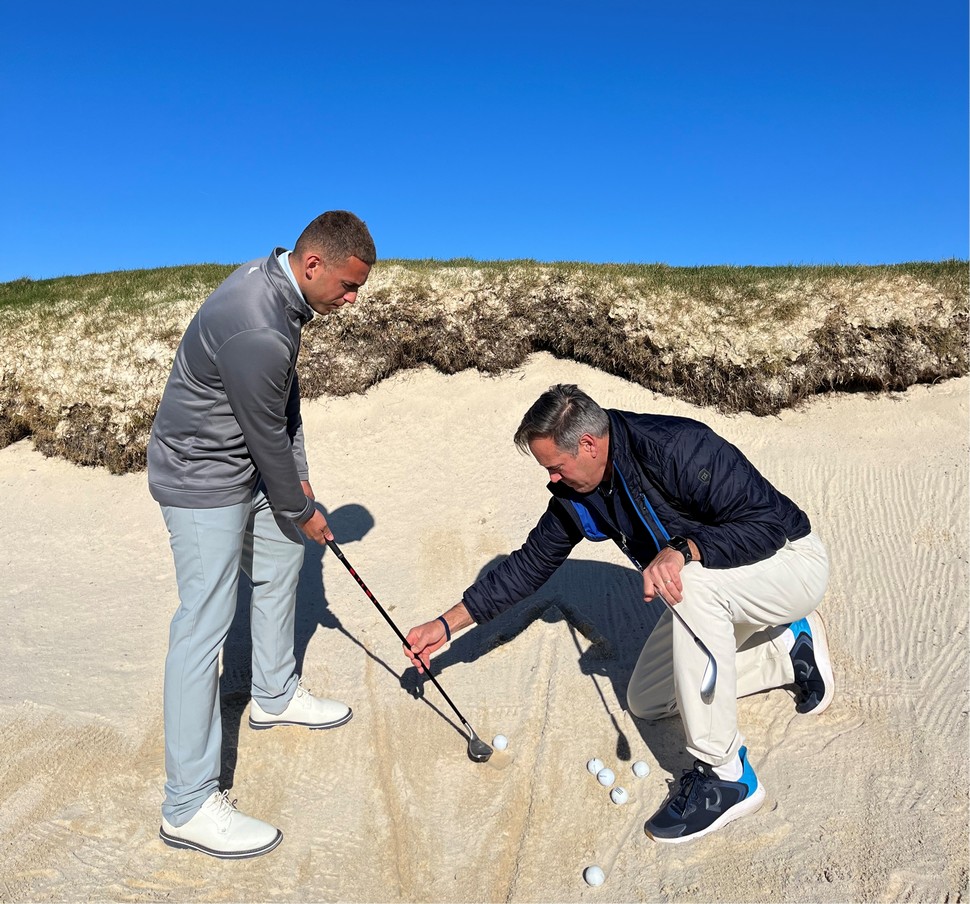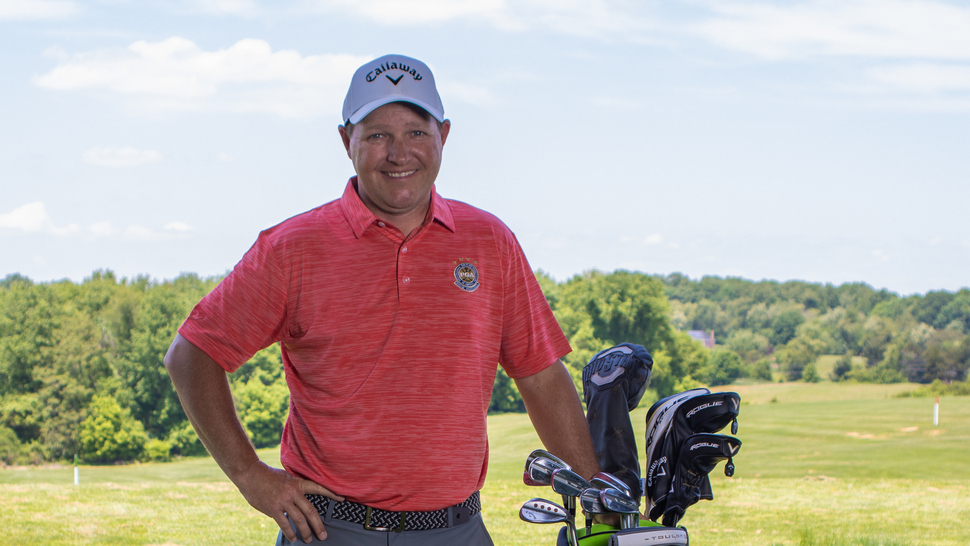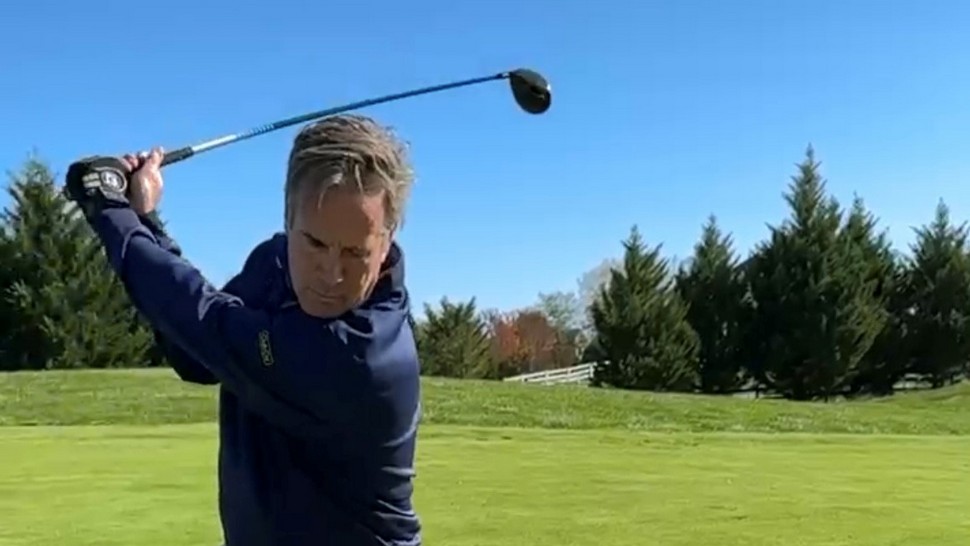The post pandemic period produced a sizeable surge in overall golf interest. Rounds at all club levels spiked and the number of players showing interest certainly escalated. But three often cited challenges remain squarely on the immediate radar screen for the sport’s long-term sustainability.
At the top of the list is the time it takes to actually complete a round of golf. Long time players and even more so those joining the game recently often cite the protracted amount of time to complete an 18-hole round. Finding specific recreation time is no small feat given the myriad of other activities people must balance daily. Golf rounds taking five hours or more to play — not counting transportation time to and from — can place all types of facilities in a challenging competitive position.

The second concern is the escalating costs to play golf. Full sets of equipment from a major manufacturer can easily exceed $2,000 and that is only the first in a continuous series of related costs connected to the sport. Golf is now more available to the masses but the dollars needed to do so have always proved a barrier to those with less than the deepest of pockets.
The third issue ties itself to teaching and coaching. Golf is a difficult sport to play. Many players coming into the game do not have the wherewithal to avail themselves of superior instruction for two primary reasons — finding the best qualified and having the means to pay for that kind of instruction.
Elite players on the PGA and LPGA Tours routinely employ teachers who also provide critical coaching expertise. The ultra-competitive nature of professional golf necessitates such involvements in order to be a force at the highest of levels.
Can such quality instruction reach to a broader level of participants and therefore help sustain interest in the sport? That is a central question that will clearly decide if golf as a sport can sustain itself in the 21st century. Those considering golf as a lifelong sport may not have the patience level of past generations. It is imperative that ramping up the interest level by playing better is central in keeping such players interested in golf and therefore avoid dropping out to enjoy more meaningful recreational pursuits.
Six men were just awarded PGA Master status by the PGA of America. Three of the awardees received the honor for involvement in the teaching and coaching areas respectively.
The importance of teaching / coaching is undoubtedly a crucial connection in providing a sustained satisfaction level for those considering golf as a lifetime endeavor.
Those new to playing golf may not have the same patience as past generations to continue with a sport. The key is how existing meaningful teaching and coaching can be expanded beyond its impact today to a much wider audience.
Can state-of-the-art impactful teaching and coaching reach beyond the levels of its involvement now?
That key question remains to be answered.
The comments below provide a roadmap from three leading individuals on how each sees the current situation and what they believe is necessary to build upon the surge that came out of the pandemic period.

***
How significant for you personally is reaching Master professional designation status with the PGA of America?
SMITH: As a player and a student of the game for close to 50 years and a full-time teacher, coach and guide for over three decades, attaining Master PGA designation with the PGA of America seemed a fitting achievement to my body of work in the game and sport. I’m honored to be part of such a small and distinguished group of committed professionals.
CROWELL: I’m fortunate to have known a number of PGA Master Professionals throughout my career. Those were professionals I always looked up to and tried to learn from. To now be in the shoes of those who I admired as a young PGA professional is pretty heavy stuff. To attain Master Professional status means the world to me, and I plan to help & hope to inspire the next generation of PGA Professionals.
DICKSON: The PGA Master Professional status is one of my most coveted accomplishments since it was completely controlled by my knowledge and drive to be the best coach possible.
Is impactful teaching / coaching that clearly demonstrates meaningful progress truly available to the broader masses who play the game or is it just for those with the deepest of pockets? How do you specifically handle this situation?
DICKSON: One of my thoughts when I left one of the top private clubs in the country, is I would be able to provide a high level of instruction to golfers that would not normally have access to it.
The Middle Atlantic PGA is one of the strongest sections in instruction. To achieve one of the highest recognitions in instruction in one of the best PGA sections is a huge accomplishment.
CROWELL: Yes, great teaching is very available for the masses and it does not need to be expensive. Many instructors will offer group instruction. Students can get a few friends and bring the per-person cost down. If you find the right instructor, they will sometimes offer a multiple lesson package that will also bring the per-lesson cost down.
But it’s more important to find good instruction than cheap instruction. A student would be wiser to take one more-expensive lesson from the right teacher, than two or three lessons from the wrong teacher.
SMITH: Wow, no mincing of words here, eh? A coach can make a meaningful difference in someone’s life and golf game without financial compensation. It can be as simple as an offer or gesture of genuine care and concern.
Agreed: far too much instruction is done by oft-unqualified or ill-equipped individuals for the sole sake of the almighty dollar which then tarnishes the work of the dedicated professionals of the craft of teaching and coaching. Do I wish to be valued for my experience, expertise and skill? Absolutely — what is the perceived value of “free,” after all? But I am always willing and able to help students and players that are truly passionate about the game – regardless of depth of pockets.
How much of what is being taught today on a percentage basis is simply rubbish and only further confuses students?
DICKSON: PGA Professionals are deemed to be the experts in golf and instruction. One of the biggest issues I have is with golf instructors that try to use a single model or method for every player. Every golfer is different and requires thought and understanding of what that golfer needs to maximize their potential.
SMITH: Obviously, the self-anointed ‘experts’ and gurus polluting blue-lit social media screens for the pure sake of ego & greed — out of sheer insecurity and impressing mommy & daddy — are not helping those truly seeking to help people play better.
Rubbish? Suffice to say that much of what’s being presented to the vulnerable and impressionable masses is neither based in science, physics nor experience. Sounding smart and looking pretty has overtaken legit teaching and coaching.
Sheer number of posts, likes and followers now trumps useful and relevant content based on cause, effect and inputs. So, to answer the question on what percentage — it’s fair to say an unfortunately substantial one.
CROWELL: Inept instructors exists — yes. There is certainly rubbish out there. Any whacko with a phone can produce their own series of instructional clips. And a student can easily step down the wrong path. And frankly, what might be helpful advice to one, could be rubbish to another.
My advice is to the students: research the top instructors in your area. Find references — others they teach and get feedback, interview/talk with a prospective golf instructor before making any long-term arrangements. Finally, ask lots of questions.

So much of teaching is “off-course” mechanics in a static environment. Often little time is spent in improving actual “on course” performance such as the engagement of strategies and methods in getting the ball into the hole in the fewest strokes given the respective student’s ability level.
What is the split in time you do with the former and with the latter and how crucial is the integration of such efforts for overall performance improvement?
SMITH: I spend the appropriate time necessary and needed for the individual both on the golf course and on the practice grounds.
There are indeed many aspects that cannot be learned in off-course static and ‘controlled’ environments with the art of scoring being the first and foremost. Sure, there is a time, need and place for technical “block” form practice, yet it is often overdone to the detriment of the player.
Replicating game-like situations, stressors and circumstances — some of which can be done in less golf-realistic settings. Creating context specific arenas per se, is crucial to better performance and lower scores.
CROWELL: Obviously, the balance depends on the student’s goals… but in general, I agree that too much instruction takes place off-course. The point is usually to learn how “to play the game”, or play the game better, and getting students on the course to learn how to perform under actual playing conditions is critical — enjoyable and necessary. Instructors need to get their students on-course quicker and more often.
DICKSON: One of my great friends, Will Robins, turned me into a coach and not just an instructor. An instructor gives you what you want, a coach gives you what you need. The mindset a player practices in while on the range is more important than the amount of time or number of balls hit. I would give a playing lesson over a range lesson any day. I will see what the player needs to play better golf and provide a better strategy that can lead to better scoring.
Part 2
***
The Participants
Michael Dickson, PGA
Master Instructor
MCG Golf Academy at Little Bennett
Clarksburg, Maryland
Background
Has been teaching full-time since 2010 and had the opportunity to learn from some of the best instructors in the business including Lynn Blake, Mike Adams, David Edel, Mark Sweeny, and Dr. David Wright to name a few. In March 2022, he completed his PGA Masters Professional Project.
He is now focused on developing his revolutionary golf training aid that he believes could change how a player learns to play the game forever. www.mikedicksongolf.com.
The Dickson Story
Acquiring my PGA Master status was important to me because I wanted to represent the PGA at the highest regard while promoting and growing the game of golf.
I see the Master status as the pinnacle of a PGA Professional’s career because of the time and thoughtfulness required to put your knowledge on paper, present it to your peers, and test your knowledge live in person.
I am honored to be PGA Master Professional that represents this great game we all love.
Brian A. Crowell, PGA
General Manager
Trump Golf Links at Ferry Point
Bronx, New York
Background
A PGA of America Member since 1991, Crowell currently serves as president of the Metropolitan Golf Writers Association. A past president of the Metropolitan PGA Section, Crowell has been honored as the Metropolitan Section PGA Professional of the Year, as well as winning the PGA Professional Development Award — formerly the Horton Smith Award.
As a broadcaster, has covered numerous Masters and PGA Championships for CBS, covered both men’s and women’s U.S. Opens, the Ryder Cup, President’s Cup and U.S. Amateur, and also hosted his own show, “Lesson Tee Live” on Golf Channel. He is also an author and currently the co-host for “On Course,” a weekly show on SiriusXM PGA TOUR Radio.
The Crowell Story
I was introduced to golf by my father and grandfather, and I still remember the first time I experienced that incredible feeling of pure contact. The ball left that Northwestern 7-iron and sailed deep into the fields across from my grandparents’ house. I knew at a young age that golf was going to be a big part of my life. I became a member of the PGA in 1994, and was fortunate to have great mentors and motivators throughout my career.
I thoroughly enjoy the traditional role of PGA Professional, but golf opened many additional doors for me. I wrote several books on the golf swing, and upon the advice of a friend, I started my own golf show at a local radio station.
Throughout my journey I’ve realized the importance of providing quality instruction. Teaching is more than just an opportunity to help lower scores — it’s an opportunity to entertain and connect with an audience. Many components of the traditional club pro job seem to be fading — yet teaching and coaching remain pivotal in our profession.
Now, more than ever, PGA Professionals should embrace the opportunities that great instruction can provide — doors open for great teachers. Which leads me to self-improvement and staying current. To rise above the rest, you should continue to seek knowledge and try to become better.
Christopher C. Smith, PGA
Director of Instruction
Eugene Country Club
Eugene, Oregon
Puerto Los Cabos Golf Club
Baja Sur, Mexico
Background
Been a player and student of the game for nearly 50 years, and instructed professionally since 1988 in a wide variety of environments, both domestically and abroad.
He is the Guinness World Record Holder in Speedgolf — a round of 65 played in just 44 minutes with only six clubs at the Chicago Speedgolf Open in 2005. Also, an adjunct faculty member with the PGA of America, and has been featured in articles in Golf Digest, Golf Magazine, Wall Street Journal and on Golf Channel.
Authored “I’ve Got 99 Swing Thoughts but ‘Hit the Ball’ Ain’t One” (Crown, 2007), and created the neuroscience-based “Better Golf” audio CD.
His list of students includes tour players, professional athletes, elite juniors – and recreational hackers. His coaching blends tools, tech and vast experience, geared to create a learning experience that is enjoyable, insightful and performance-based.
https://www.christophersmithgolf.com.
The Smith Story
Attaining Master Professional status with the PGA of America is the culmination of close to five decades as a player and student of the game – and 30+ years as a teacher, coach and guide to those looking to improve.
It’s truly an honor to be part of a small group of highly focused, dedicated and committed professionals who have followed this pathway along with me.
And, I’m not done yet though.


